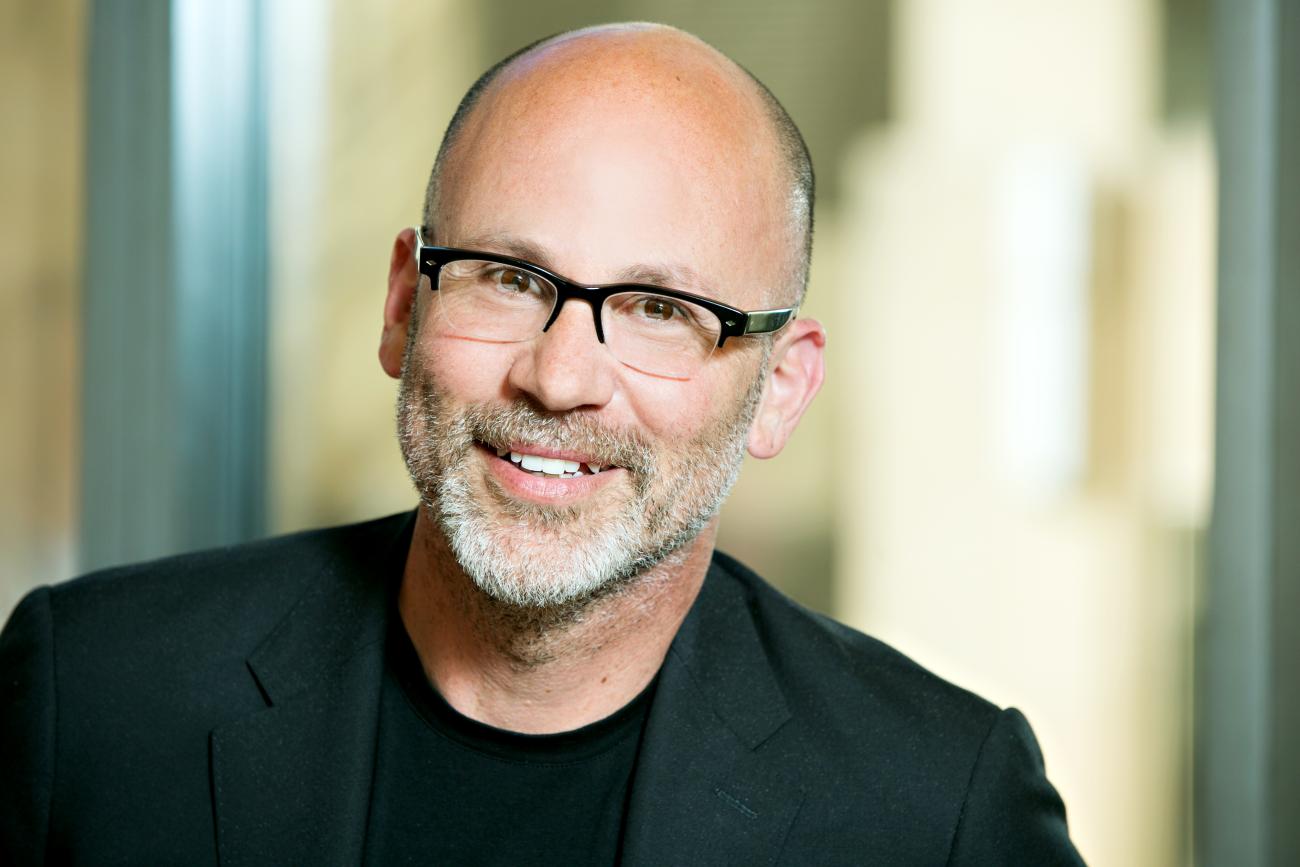
Leading scholar on early childhood learning joins Stanford Graduate School of Education faculty
In a major step to advance research that will support children in their first few years, renowned scholar Philip Fisher has joined the faculty of Stanford Graduate School of Education (GSE), where he will lead the launch of a center focused on the science, policy, and practice of early childhood education.
“Phil Fisher is a visionary, a great leader, and an incredible collaborator across disciplines,” said Dan Schwartz, the Nomellini & Olivier Professor and I. James Quillen Dean of the GSE. “There’s a lot of momentum right now to build a strong body of science and policy around early learning. Phil is ideally positioned to lead this work at Stanford.”
Fisher joined the faculty as part of a new GSE initiative focused on early childhood education. His research focuses on developing and evaluating early childhood interventions in socially and economically marginalized communities, and on translating scientific knowledge about healthy development under conditions of adversity for use in social policy and programs.
He has a particular interest in the effects of early stressful experiences on children’s neurobiological and psychological development, and in prevention and treatment programs for improving how children function in areas such as attachment to caregivers and relationships with peers. His work also explores the brain’s plasticity in the context of therapeutic interventions.
As director of Stanford’s new center on early childhood learning and development, Fisher will bring education together with neuroscience, pediatrics, law and policy, developmental psychology, business and other fields to address the complex issues that intersect in early childhood.
The center is a joint project of the GSE and the Stanford Accelerator for Learning, a university-wide initiative to develop more equitable and scalable learning solutions.
Prior to arriving at Stanford, Fisher was Philip H. Knight Chair and professor of psychology at the University of Oregon (UO). He founded and served as the first director of the UO Center for Translational Neuroscience, where researchers work to translate discoveries in basic neuroscience, psychology and other disciplines to mitigate the effects of early adverse experiences on children’s physical and emotional health.
“There really is no one like him in the field, between his accomplishments in the basic science and his evaluation and design of interventions,” said Ryan Padrez, a pediatrician and clinical associate professor of pediatrics at Stanford Medicine. “His ability to straddle both spheres is remarkable.”
Fisher’s research into understanding the impact that environment has on the neurobiology of kids “is extensive and extraordinary,” Padrez said. “But he doesn’t stop there. He goes on to apply his basic research to designing and testing interventions in communities – interventions that are practical, cost-effective, and culturally appropriate.”
Schwartz and Padrez both emphasized Fisher’s strength in collaborating across disciplines as a particular asset for the role of directing the new interdisciplinary center at Stanford.
“Early childhood learning involves fields that don’t ordinarily talk to each other – pediatrics, education, social enterprise, and more,” said Schwartz. “It will take stronger alignment among these sectors in order to have impact.”
“Leading multidisciplinary efforts is extremely challenging,” Padrez added. “We need a strong leader, and I genuinely believe Phil Fisher is one of the best people on the planet to lead this work.”
Faculty mentioned in this article: Philip Fisher , Dan Schwartz



